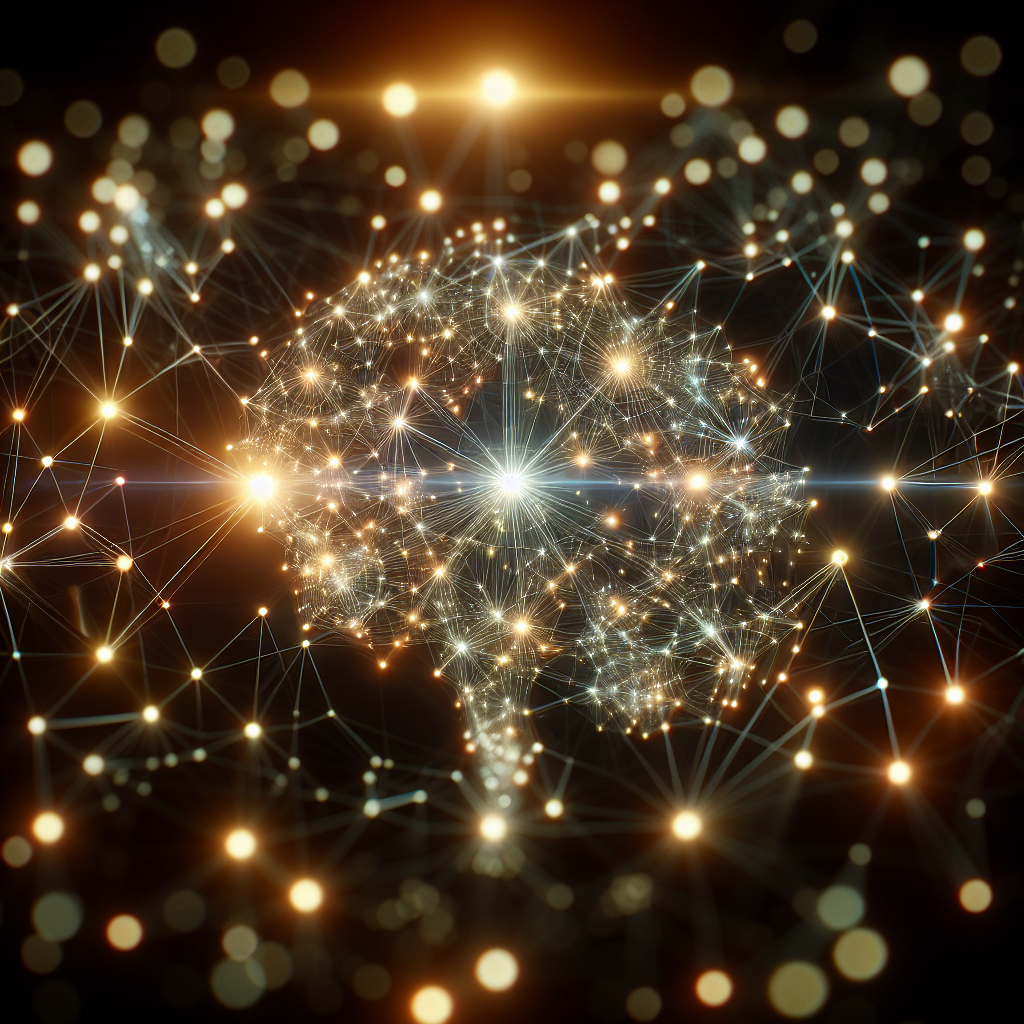Hitting a Plateau in AI Model Generalization: A Closer Look
In the fast-paced realm of artificial intelligence development, the emergence of increasingly powerful models like GPT-4 has sparked both excitement and skepticism. A recent discussion has raised questions about whether we are approaching a plateau in AI capabilities, where the benefits of merely ingesting more data might be diminishing. This thought-provoking topic touches on the very nature of how AI models learn and generalize across different types of data and tasks.
The Concept of a Plateau
The idea that AI development might be hitting a plateau isn't about the stagnation of technological advancements but rather a specific limitation in the model's generalizing capabilities. As models like GPT-4 become adept at understanding and generating human-like text based on extensive training data, there's a growing hypothesis that this approach might soon hit a 'data wall'. This term refers to a point beyond which no amount of additional data can significantly enhance the model's intelligence or functionality.
Generalization Across Modalities
One of the cornerstones of AI development is its ability to generalize across different tasks. However, the discussion indicates that the abilities unlocked by current AI models are "extremely local" to the specific training data. For instance, the positive transfer between learning code and improving language processing might not be as robust as hoped. This brings to light an essential aspect of AI training—cross-modality generalization. The ability of models trained on specific data types (like text or images) to perform well on unrelated tasks could be a key indicator of true artificial intelligence.
The Role of Synthetic Data
With the increasing use of synthetic data in AI training, a crucial question arises: does synthetic data contribute to smarter AI models, or does it simply reinforce existing capabilities? The integration of synthetic data, such as artificially generated images and texts, hopes to enhance an AI's ability to generalize across more diverse scenarios without the need for expansive real-world data. However, whether this approach actually contributes to a significant leap in AI intelligence is still up for debate.
The Science Behind Training AI Models
The conversation also sheds light on the challenges inherent in empirically studying AI model training. Due to the enormous resources required to train something as sophisticated as a GPT model, conducting controlled experiments to observe variations (ablation studies) becomes a Herculean task. As a result, the AI research community often relies on indirect evidence and smaller-scale experiments, which may not fully capture the dynamics at the GPT-4 scale or beyond.
Scaling Smarter, Not Just Bigger
A recurring theme in discussions about AI development is whether merely increasing the size of the data or the model is the best path forward. There appears to be a consensus that future advancements will likely require not just more data or larger models but smarter ways to train these systems. Strategies may include more nuanced understanding of data structures, improved training algorithms, and possibly, a shift towards more holistic models that integrate various aspects of human intelligence such as emotional understanding and logical reasoning.
In conclusion, the hypothesis that AI development may be approaching a plateau in terms of generalization and learning capabilities is compelling and warrants serious attention. As AI continues to evolve, it will be crucial to explore new methodologies and paradigms that push beyond the current horizons of machine learning. The future of AI, teeming with potential, hinges on our ability to innovate in the face of emerging challenges.
For further reading on the challenges and advancements in AI generalization, explore these resources:
By delving deeper into these challenges and actively seeking innovative solutions, the AI community can aspire to transcend these apparent limitations, paving the way for more generalized and robust artificial intelligence systems.
Related News
- The Ever-Evolving Frontier of AI: Insights and Implications from a 70 Billion Parameter Model
- The Challenge of True General Intelligence in AI
- The Future of AI: Blurring the Lines Between Models and Reality
- The Evolution of GPT-4.5: An In-Depth Analysis of Innovation in AI
- Unraveling the Enigma of AI Scaling: When More Is Surprisingly More
